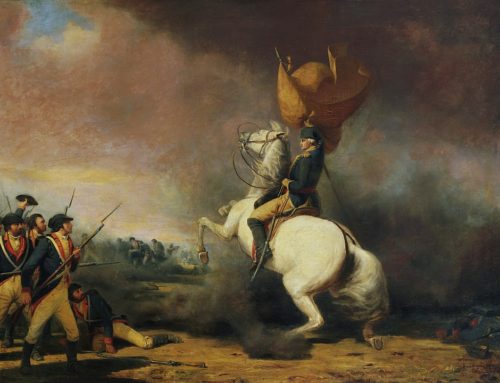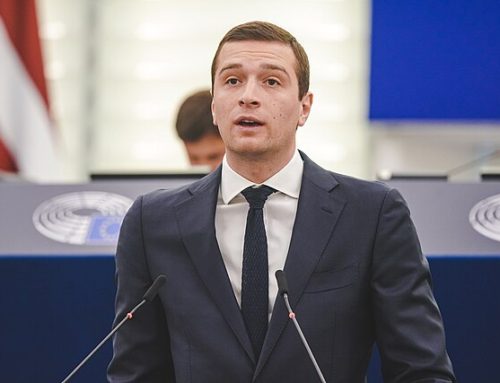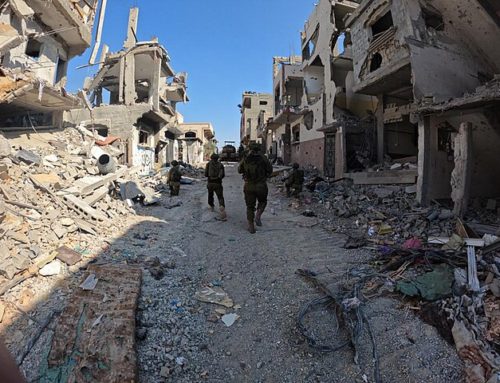Prime Minister Gordon Brown in 2010 delivered an apology, some 23 years after news first surfaced of outrages to close to 150,000 children.
The movie, Oranges and Sunshine, highlighted the infamous treatment of children who were transported to Australia from Great Britain. Most of the migrations occurred from the 1950’s until 1967. The children were promised “oranges and sunshine” when they arrived in Australia. Instead, they were treated harshly and in many cases physically abused in the orphanages and institutions where they ultimately resided. Some were told they were orphans, the cruelest of fictions, since often their parents were still alive.
Many parents were informed by officials that their children had been adopted by British families, when they had actually been shipped abroad – castaways of the empire.
The truth resulted from the story of Margaret Humphreys, the Nottingham social worker who first became aware of the problem when a child migrant contacted her from Sydney in the hope of retracing her British parents. Instead of the British or Australian governments helping Humphreys, both governments for decades engaged in official denial. Humphrey dedicated her life to exposing criminal abuses, counseling the victims and reuniting separated families. .
Two of Australia’s finest actors, Hugo Weaving and David Wenham, play child migrants struggling, in their very different ways, to make sense of the deception and mistreatment that scarred them so profoundly.
Humphreys, 67, created the Child Migrants Trust in 1987 to help the investigations. The Nottinghamshire County Council, which employed her, funded these efforts. Humphreys wrote a book about the subject in 1994, “Empty Cradles.” The proceeds from the sales help to fund the trust.
Humphrey spoke about her work after the movie premiered in the United States.
Q: Do you still live in Nottingham and continue to work in Melbourne and Perth, Australia?
A: I say I have the longest commute to work of anybody. My home is in England. I am still doing five trips a year to Australia. We have six social workers in the U.K. and we have social workers in Australia. I used to do it on my own for years. But I never thought I had a choice. I didn’t spend hours thinking, Do I want to do this?
Q: You are still reuniting these now grown children with their families in England?
A: Yes. We had a gentleman who was reunited with his mother who is in her 80s in New York 10 days ago. He had been sent to Australia.
Q: How did these kids end up in these children’s homes in England?
A: It was a variety of family situations which enabled children to be put in these vulnerable situations and sent to the other side of the world. So it could be that it was a single mother and she would perhaps put a child temporarily into a children’s home. Then she would go back to collect her child and the child would be gone. She would be told that the child had been placed with adoptive parents in the U.K., when in reality the child — sometimes as young as 4 — was sent with hundreds of other children on a boat to the other side of the world. People ask me: Why is Britain was the only country in the world to deport their children this way? I suppose one of the answers was that they had somewhere to send them.
Q: I was reading that one of the reasons too was economics. It was cheaper to take care of these children in Australia than England.
A: There was an economic argument to it. It was a push and a pull. The push came from Britain. The pull came form Australia. The country asked for 50,000 white children, only white, to populate Australia.
Q: Why didn’t mothers or parents fight the children’s homes to get their children back?
A: With adoption in England, the doors are closed at the point when the child has been adopted. That is the end. I have worked with hundreds and hundreds of women over the last 25 years who have lost their children to child migration, and one of the things they talk about is the guilt they feel, the pain they feel. And when somebody tells you what they have done it makes you immediately feel that you were a bad mother. You are told that your child is going to be better off with two lovely white married people and your child is going to have a wonderful life and you shouldn’t be selfish. And then to be told 50 years later that their son and daughter had been sent to Australia — they can’t comprehend it.
Q: Were the children sent to Australia mainly from working and lower classes?
A: Child migrations went across all classes in England. All classes. There was no plan whatsoever for them to be with families. Often siblings were separated on the dockside screaming and sometimes never seeing them again for 40 years ago.
[The Australian government] didn’t monitor them; they didn’t look after the welfare or safety. Their names were often changed. Their dates of birth were often changed. They were sent to big orphanages that were run by the Christian Brothers, various churches, and they weren’t treated with the same regard for their welfare as Australian children [in the orphanages].
The Christian Brothers were the most notorious for abusing. I am talking things that were a degradation we can’t really speak about. We don’t have the language to properly describe what happened.
Q: The Australian and British governments finally apologized, but have the various churches?
A: The particular orders were brought to account. There has been an apology for the abuse.
Q: Is it still a difficult task to find these missing children?
A: Yes. Their names were changed when they came to Australia. Perhaps the Christian name has been changed but not the surname. There is always some combination you can look for. But you have a massive search on your hands.



